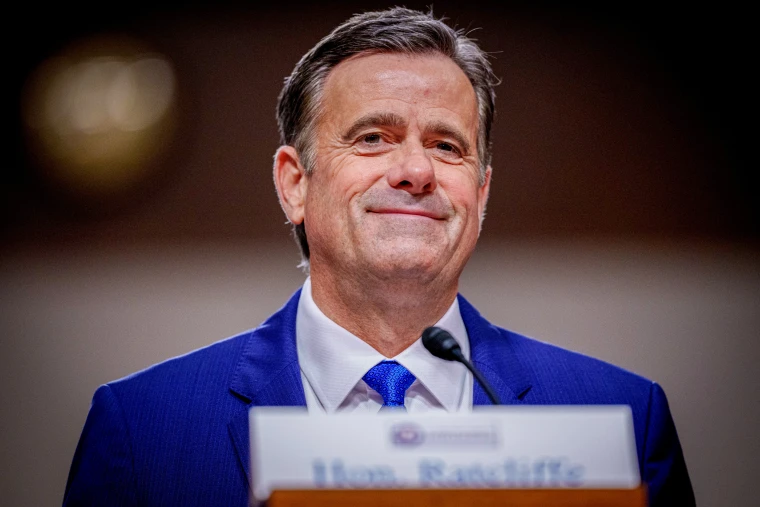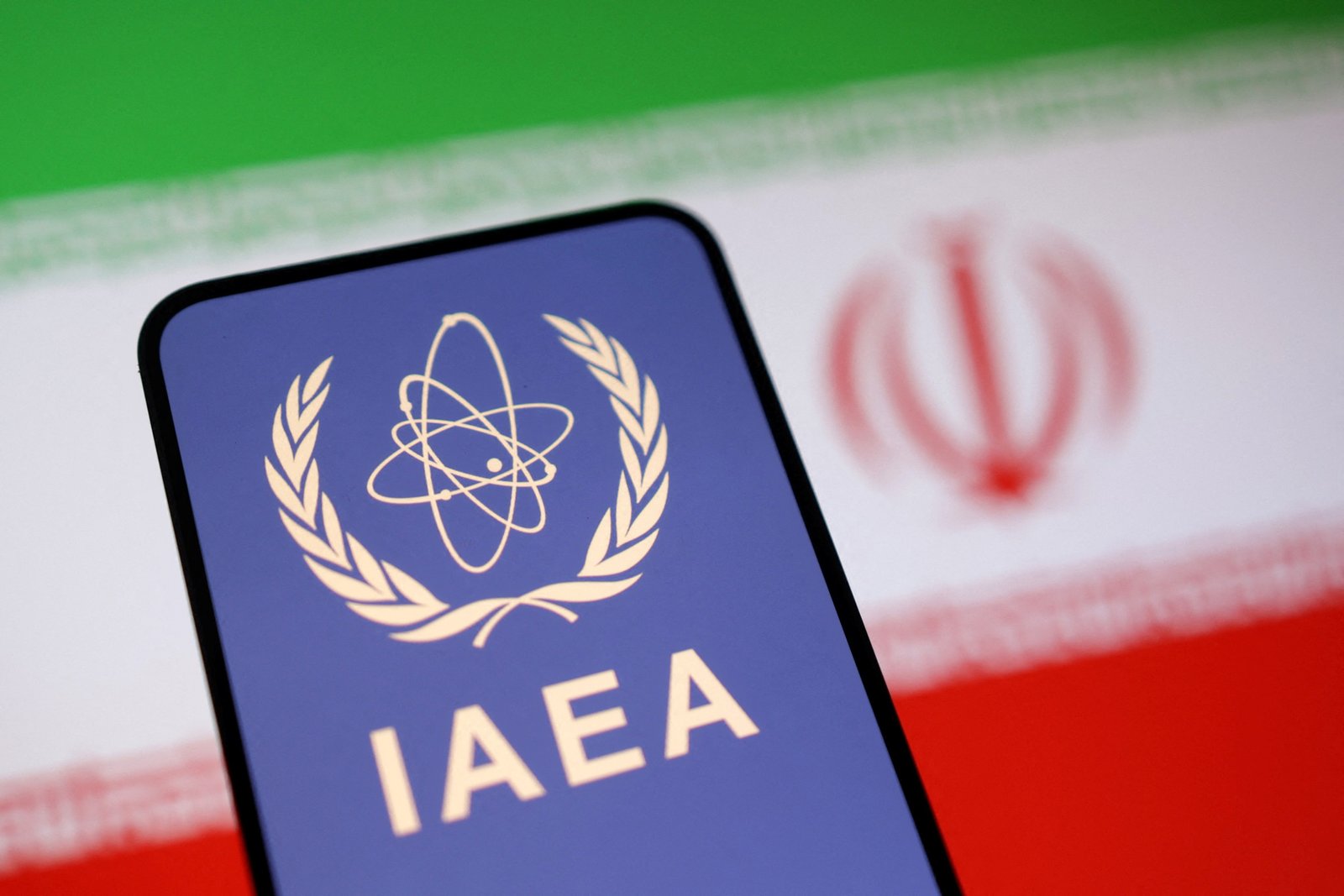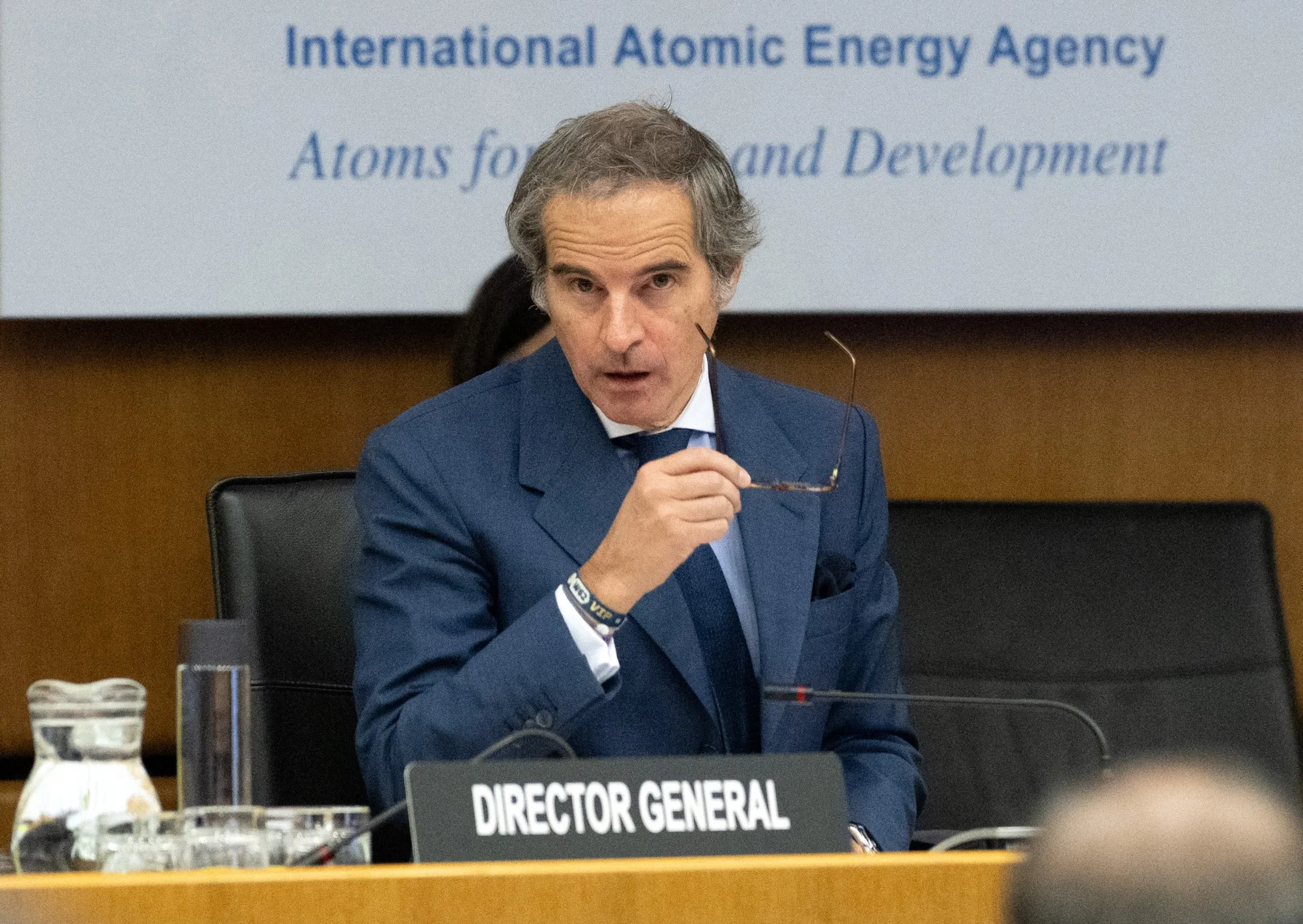America’s Visa Policy Ripples Across Canada, Australia, Britain, and New Zealand
Ripple Effects of US Visa Restrictions Raise Concerns and Spark Global Dialogue
America’s Visa Policy Ripples Across Canada, Australia, Britain, and New Zealand
Ripple Effects of US Visa Restrictions Raise Concerns and Spark Global Dialogue
– America’s recent decision to tighten visa regulations has sent shockwaves across Canada, Australia, Britain, and New Zealand, leading to a potential domino effect that could impact travel and immigration policies in these nations. As these countries reassess their visa processes, concerns arise over the consequences for global mobility, international relations, and economic ties.
Visa Restrictions and Global Mobility: The United States, known for its historically robust visa program, has implemented stricter measures, making it more challenging for certain individuals to obtain visas. These restrictions, aimed at enhancing national security and immigration control, have prompted other nations to reevaluate their own visa policies, raising questions about the future of global mobility and cross-border travel.
Potential Reciprocal Actions: In response to America’s visa restrictions, there are growing discussions among policymakers and officials in Canada, Australia, Britain, and New Zealand regarding potential reciprocal measures. These countries are considering reevaluating their visa processes for US citizens, taking into account factors such as security concerns, immigration policies, and the principle of reciprocity in international relations.
Impact on International Relations: The visa-related developments have the potential to impact diplomatic relations and international cooperation. As countries contemplate changes to their visa policies, the balance between security, economic interests, and maintaining strong ties with the United States becomes a delicate matter. Governments are engaging in diplomatic discussions to address concerns and find common ground that supports mutual interests and the principles of global collaboration.
Economic Implications: The potential ripple effects of visa restrictions on international economies are a significant concern. The United States, Canada, Australia, Britain, and New Zealand have strong economic ties, with trade, tourism, and business collaborations serving as pillars of their relationships. Any changes in visa policies could impact international business travel, foreign investment, and global talent mobility, potentially affecting economic growth and stability.
Public Opinion and Debate: The visa-related developments have sparked public discourse, with individuals and organizations expressing diverse opinions on the matter. Debates center around balancing national security concerns with the principles of openness, international cooperation, and the importance of maintaining cultural exchange. Citizens and advocacy groups are actively engaging in discussions, urging policymakers to consider the potential consequences and seek comprehensive solutions.
Collaborative Efforts: Recognizing the interconnectedness of visa policies and their impact on global mobility, governments, international organizations, and stakeholders are engaging in collaborative efforts. Discussions focus on finding common ground, sharing best practices, and exploring potential avenues for maintaining open borders while ensuring security measures are in place. These efforts aim to strike a balance that upholds the values of inclusivity, international cooperation, and economic prosperity.
Long-Term Implications: The visa landscape is undergoing a period of transformation, with potential long-term implications for global travel and immigration. As countries navigate their respective visa policies, there is a need for careful consideration of the consequences, weighing national security concerns against the benefits of open borders, cultural exchange, and economic cooperation. The outcomes of these deliberations will shape international relations and global mobility for years to come.
The ongoing discussions surrounding visa policies in the United States, Canada, Australia, Britain, and New Zealand highlight the interconnected nature of global mobility and the importance of maintaining a balance between security and openness. As nations grapple with these challenges, the focus remains on finding solutions that ensure safety, promote cultural exchange, and foster robust international relationships.










